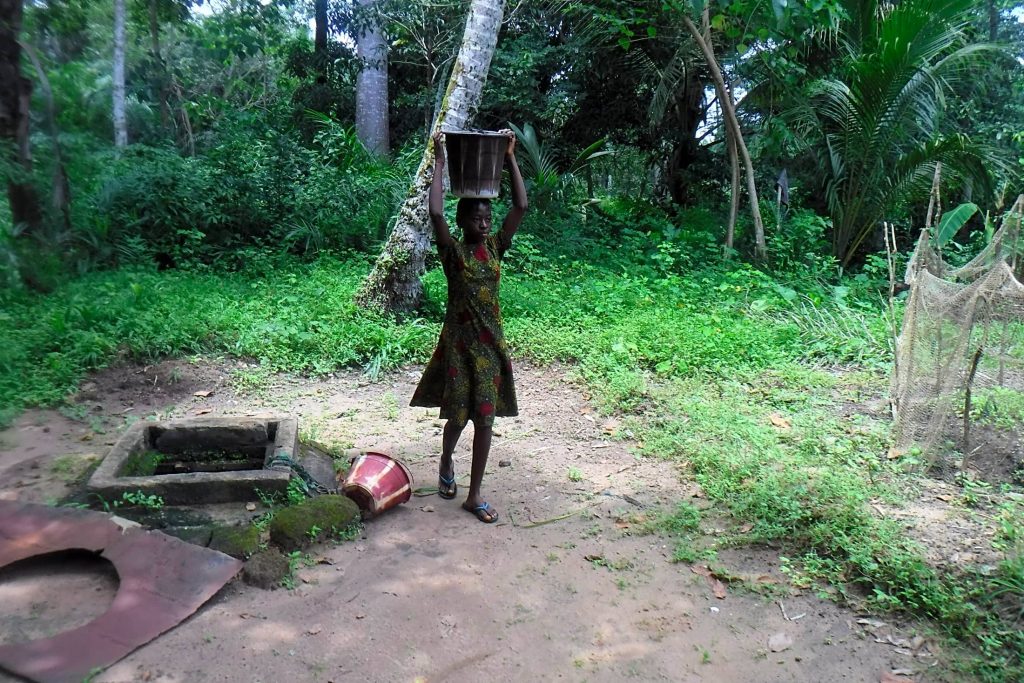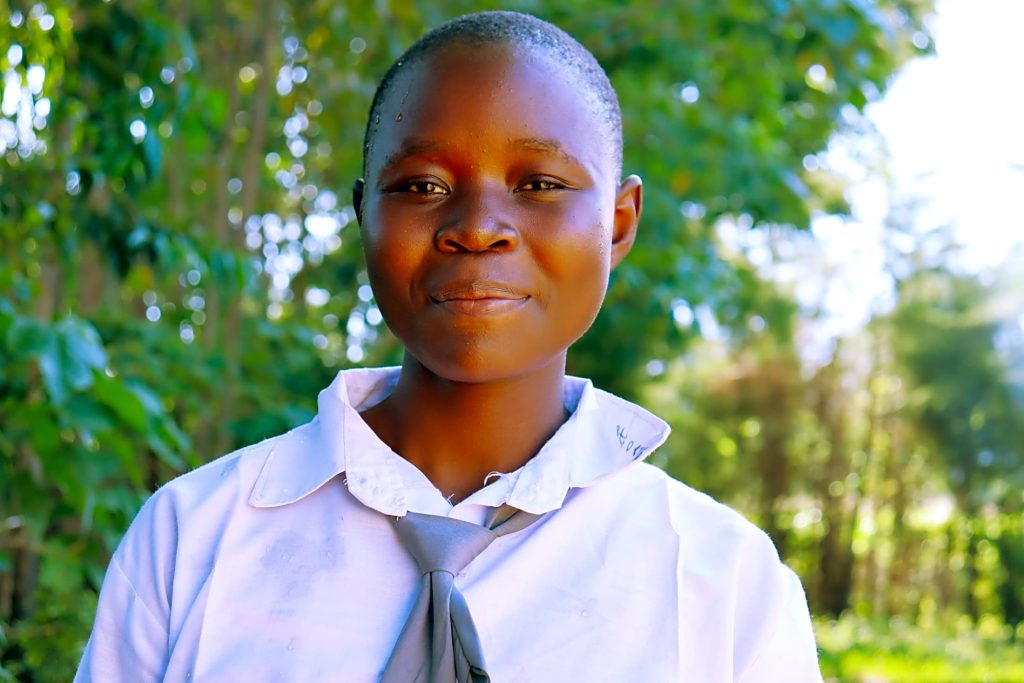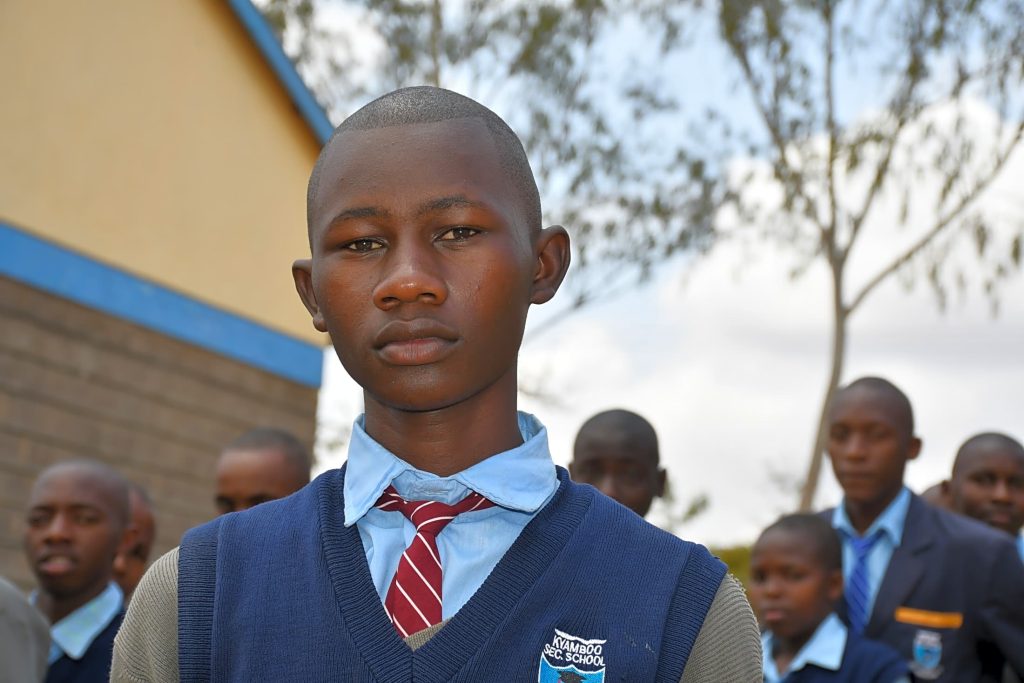When There Isn’t Enough Water to Stay Clean
Life without ready access to clean water is tough for many reasons. Without water, it becomes difficult for people to keep themselves and their environments clean. This, in turn, infects people with hygiene-related diseases and hurts people’s dignity and sense of self.
Even worse, these conditions trap people in cycles of poverty and illness, perpetuating their daily struggle for survival. Without enough water to conduct proper hygiene, people’s health suffers. When people become ill, they can’t attend school or work, and they can’t work on their family farms. All this lost productivity translates to a lack of education and funds.
The Link Between Water and Hygiene
Hygiene relies on water. Handwashing, cleaning clothes, bathing, and keeping living spaces sanitary all require access to water. However, in sub-Saharan Africa, only 31% of people have access to safely managed water, let alone enough water for hygiene purposes. Safely managed water sources provide clean water that is accessible on premises, available when needed, and free from contamination, while basic water sources may require long travel distances or involve water that is not always safe to drink.
This lack of water forces people to make difficult choices every day. If clean water is only available for drinking (or not available at all), hygiene practices are often the first to be sacrificed.
“The main water source…is seasonal from December to April. This affects my not having enough water to use for domestic activities like laundry, bathing, and other uses,” said 13-year-old Nancy K. from Katongha Community in Sierra Leone, which is still raising funds for a rehabilitated well.

If there isn’t enough water for laundry or bathing, then there likely isn’t enough for handwashing, either. Handwashing significantly reduces the transmission of infectious diseases, but it becomes impossible when water is scarce. According to the World Health Organization, 653 million people worldwide live without handwashing facilities. This has devastating consequences, as diseases spread rapidly in environments where basic hygiene is unattainable.
“Many [students] fetch water without washing [their] hands, so with dirty hands, [they] hold the fetching container and contaminate the water. This way of mishandling the water causes diarrhea and typhoid, which has affected me and them severely. Lack of enough water makes us wash classrooms [only] once per week, thus making it hard for us to maintain pupils’ hygiene,” said 29-year-old teacher Harriet Busieka from Lunyelelia Primary School, which still needs a borehole well.
The Deadly Cost
The lack of hygiene caused by water scarcity is not just an inconvenience—it’s deadly.
“Not having access to clean water, toilets, and good hygiene practices makes it harder to stop and manage neglected tropical diseases like schistosomiasis, trachoma, and Guinea worm disease. This keeps the cycle of poverty and sickness going.”
— U.S. Centers for Disease Control and Prevention (CDC)
Children are particularly vulnerable to disease since their immune systems have not yet fully developed. Without the ability to wash hands or maintain personal hygiene, children fall ill frequently, miss school, and suffer long-term health consequences.
Diarrheal diseases account for 1 in 9 child deaths worldwide, making diarrhea the second leading cause of death among children under the age of 5.
— CDC
One of the most prevalent hygiene-related diseases is cholera, a life-threatening illness caused by contaminated water and poor sanitation. Similarly, skin diseases like scabies, impetigo, and fungal infections like ringworm thrive in conditions where hygiene practices cannot be maintained.
For women and girls, inadequate hygiene also brings about gender-specific health challenges. Menstruation, for example, becomes a source of shame and discomfort in areas without access to water and proper sanitation facilities. Girls often miss school during their menstrual cycle due to a lack of facilities, contributing to gender inequality in education.
“During my menstrual periods, if there is no water in school, I stay at home,” said 16-year-old Everlyne from Namatala Primary School, which just received its own borehole well in July. “I hope our bathrooms will be installed with water one day so that we can maintain hygiene during our [periods].”

The Cost to Human Dignity
Beyond the physical health implications, water scarcity robs people of their dignity. Hygiene practices are tied to cultural, social, and personal concepts of respect and self-worth. Being unable to wash oneself, wear clean clothes, or care for personal hygiene carries a stigma. For women and girls, the lack of privacy and sanitation during menstruation exacerbates feelings of shame, leading to social isolation.
“Using the latrines in the school is…a hassle because they have an unpleasant smell, which sticks on my uniform whenever I use them,” said 14-year-old Simba from Musosya Primary School, which is still raising money for a rainwater harvesting tank.
“Conducting personal hygiene at home is also hard because water is inadequate, and I have to go [to] school most times with my dirty uniform. I hope we will get a nearby water point that will enable me to always have clean water to drink and [be] present in school,” said ten-year-old Mwendwa from Kisirani Community, where we’re hoping to build a sand dam this year.
The lack of hygiene is felt particularly hard at Kyamboo Secondary School, where both teachers and students painted a picture of their dirty environment.
“The students and teachers…[have] to bear with the unclean classrooms and latrines in the school, because water is mostly used for drinking and cooking,” shared Kyamboo Secondary School teacher John Miles.
“I have to resume class with my dirty plate and cup because there is no water in school. I have had to lick my plate clean or wipe it using papers which cause contamination,” said 17-year-old student Simon.

Imagine not being able to wash your hands after using the toilet, not being able to bathe regularly, or not having clean water to wash your clothes. These situations, common in many water-scarce regions, foster a profound sense of helplessness. The simple act of being clean and presentable can restore a sense of dignity…but without access to water, this basic human right is denied.
How Clean Water Changes Everything
The Water Project’s mission is to break this cycle. With clean water, people can prioritize hygiene, and diseases related to poor sanitation and hygiene can be lessened. Children can stay healthy, attend school regularly, and focus on learning. Women and girls no longer need to miss school due to a lack of hygiene during their menstrual cycles. Entire communities regain not only their health but also their dignity.
Every contribution to The Water Project goes directly toward providing sustainable water solutions to communities in sub-Saharan Africa. Whether it’s constructing a well, rehabilitating a borehole, or building a rainwater catchment system, your donation empowers communities to maintain hygiene, combat diseases, and restore their dignity.
With every day that passes, more people fall ill, more children miss school, and more communities lose their dignity due to a lack of water. Your donation today can help stop this cycle.
Home More Like ThisTweet